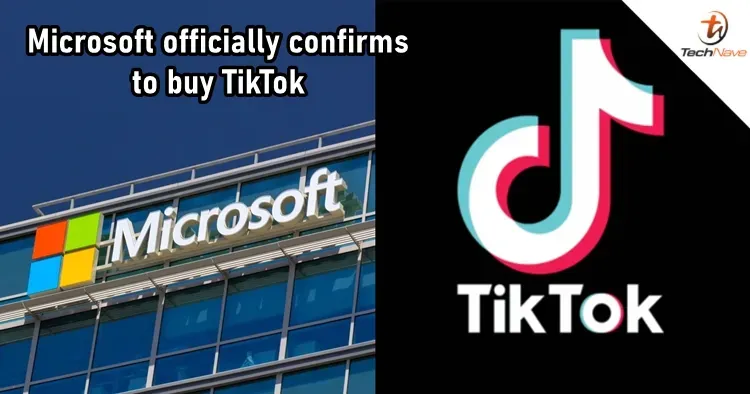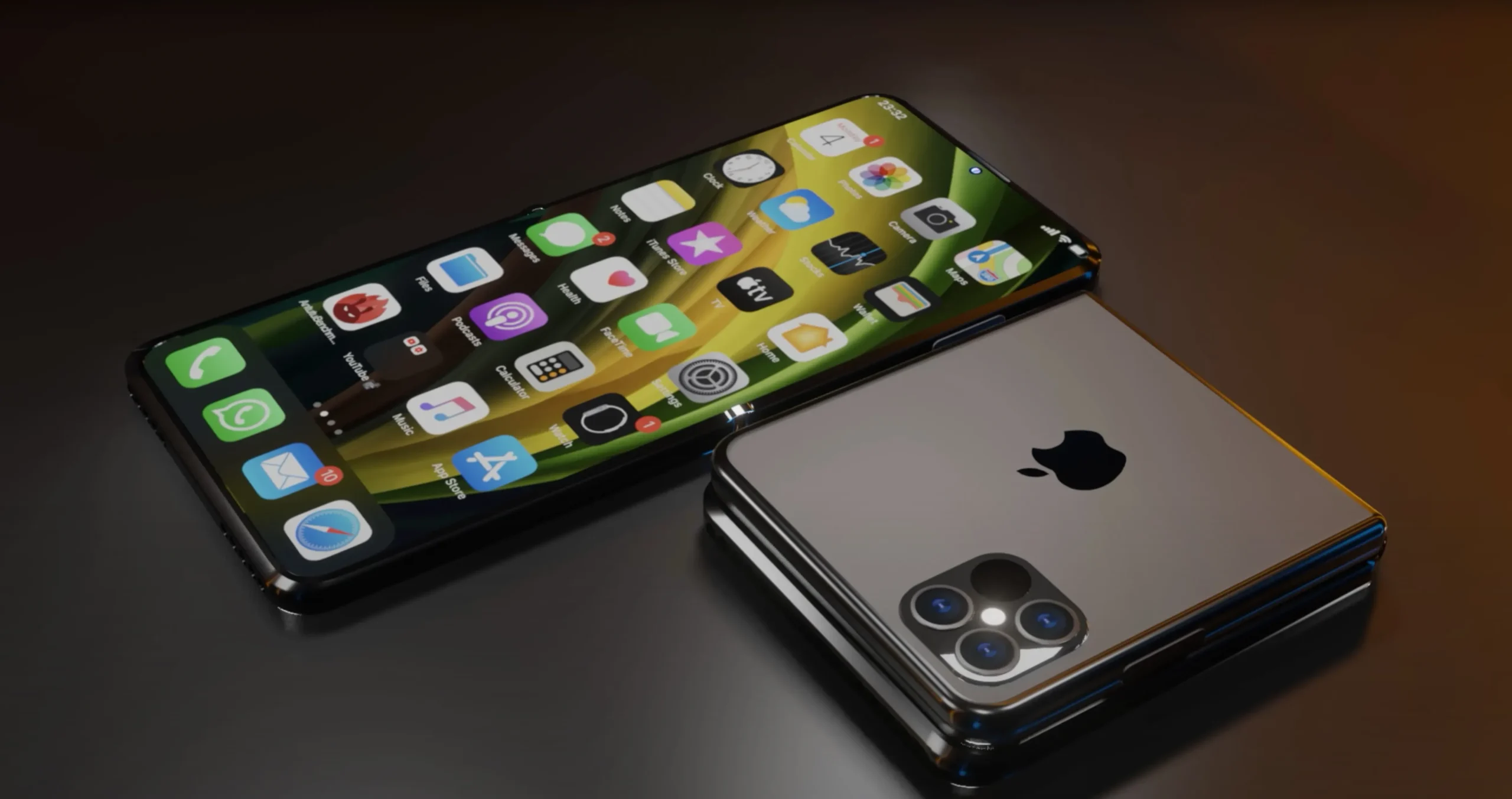The TikTok acquisition saga has captivated the attention of both lawmakers and users, as the popular social media app teeters on the brink of a major transition. Amidst the backdrop of a TikTok ban looming under Biden’s TikTok law, the stakes have never been higher for the platform owned by ByteDance. Former President Trump, who initially took a hard stance against the app, has now shifted his perspective, suggesting that a TikTok Microsoft acquisition could be on the horizon. As the US government navigates the complexities of national security concerns tied to TikTok’s ownership, the discussion surrounding its future remains heated. With millions of American users invested in the platform, understanding the implications of these potential changes is crucial for all stakeholders involved.
In light of the ongoing discussions over the future of the viral video platform, the topic of TikTok’s ownership has become increasingly relevant. This beloved app, known for its short and engaging content, faces potential restructuring as the US government deliberates on its fate. The Biden administration’s recent legislation concerning the app has sparked renewed debates about national security and digital privacy, echoing the sentiments expressed during Trump’s presidency. As conversations about alternative ownership models, such as a TikTok acquisition by Microsoft, gain traction, the implications for users and investors alike hang in the balance. With its vast user base, the outcome of these discussions could reshape the landscape of social media in America.
Understanding the TikTok Ban and National Security Concerns
The TikTok ban has emerged as a significant concern for many users and policymakers alike. As one of the most downloaded apps in the world, TikTok’s ownership by the Chinese company ByteDance has raised alarms regarding data privacy and national security. Under the Biden administration, a law was enacted that mandated TikTok to either divest its US operations or face a ban. This mandate reflects broader worries about the potential for foreign entities to misuse sensitive user data, which has been at the forefront of discussions surrounding the app.
In addition to Biden’s TikTok ban, former President Trump also took a firm stance against the app during his presidency. His administration sought to impose strict regulations and even considered a complete ban on TikTok, citing national security risks. The ongoing debate over TikTok highlights the complexities of balancing technological innovation with the need to protect citizens’ data and privacy in an increasingly digital world.
The Biden TikTok Law: Implications for Users and Businesses
The Biden TikTok law is a pivotal piece of legislation that could change the landscape of social media in the United States. By mandating a forced sale or ban of TikTok, the law has left millions of American users in limbo, with uncertainty about the future of an app that has become an integral part of their social experience. For businesses that rely on TikTok as a platform for marketing and engagement, the implications are significant. A potential ban could disrupt marketing strategies, forcing companies to rethink their social media presence and adapt to new platforms.
Moreover, the Biden TikTok law has sparked a national conversation about how the government should regulate technology companies. As lawmakers grapple with the challenges posed by foreign ownership of popular apps, the future of TikTok hangs in the balance. Businesses that have invested in TikTok must stay informed about legislative developments and consider alternatives to ensure they continue to reach their target audiences effectively.
Trump’s Evolving Stance on TikTok: From Ban to Acquisition Talks
Former President Trump’s stance on TikTok has evolved significantly since the onset of the debates surrounding the app. Initially, he pushed for a ban on TikTok, viewing it as a national security threat due to its Chinese ownership. However, as the political landscape shifted, he appeared to pivot from a hardline position to exploring acquisition options, suggesting that Microsoft could be a potential buyer. This change reflects the complex dynamics of political strategy, particularly as Trump sought to regain influence ahead of the 2024 election.
The discussions about a TikTok acquisition by Microsoft indicate a willingness to find a middle ground that addresses national security concerns while allowing users to continue enjoying the app. Trump’s executive order, which postponed the enforcement of the Biden law, underscores the ongoing debate and the potential for a resolution that could keep TikTok operational in the US under new ownership.
The TikTok Microsoft Acquisition: A Possible Solution?
The idea of a TikTok acquisition by Microsoft has been floated as a potential solution to the ongoing concerns surrounding the app’s ownership. If realized, this acquisition could alleviate fears related to data privacy and national security, as Microsoft is an American company subject to US laws and regulations. Such a move would not only provide a way for TikTok to continue operating in the US but also represent a significant shift in the tech landscape, bringing a popular platform under the control of a trusted domestic company.
However, the feasibility of a TikTok Microsoft acquisition remains uncertain. The complexities of negotiations, along with regulatory scrutiny from the US government, pose challenges that must be navigated. Additionally, the acquisition would need to address the concerns of TikTok’s vast user base, ensuring that their data remains protected while still allowing for innovative content creation.
US Government’s Role in TikTok’s Future: Regulation and Oversight
The US government’s role in TikTok’s future cannot be overstated, as it actively seeks to regulate and oversee the platform’s operations. With the impending deadline for ByteDance to divest from TikTok’s US operations, the government is under pressure to establish clear guidelines that protect users while addressing national security concerns. Legislative proposals are being discussed, indicating a potential shift towards a more hands-on approach in managing foreign-owned technology companies.
As the US government navigates these challenges, it is essential for policymakers to strike a balance between fostering innovation and ensuring user safety. The potential establishment of a US sovereign wealth fund to acquire TikTok reflects an innovative approach to addressing these concerns. However, the complexities of funding and governance must be carefully considered to ensure that any actions taken will be effective and beneficial for American users.
Sovereign Wealth Funds: A Viable Option for TikTok’s Acquisition?
The concept of utilizing a US sovereign wealth fund to acquire TikTok presents both opportunities and challenges. Sovereign wealth funds, typically funded by government surpluses, have been successfully employed by other nations to make strategic investments. However, the US currently operates at a deficit, raising questions about the viability of establishing such a fund for the purpose of acquiring TikTok. Policymakers would need to address funding sources and structure to make this option feasible.
Additionally, the establishment of a US sovereign wealth fund raises concerns about governance and transparency. If the US government were to take ownership of TikTok through such a fund, it would need to ensure that user data is handled responsibly and that the platform remains accessible to its millions of users. This approach could potentially alleviate national security concerns while allowing TikTok to continue operating in the US under American oversight.
Implications of a TikTok Ban for American Users
The potential TikTok ban poses significant implications for American users who have embraced the platform as a primary source of entertainment and social interaction. With over 170 million users in the US, a ban would disrupt the vibrant online communities and creative expression that have flourished on TikTok. Many content creators rely on the platform for their livelihood, and a sudden ban could lead to financial instability for these individuals and businesses.
Moreover, a TikTok ban would raise questions about freedom of speech and the role of government in regulating digital spaces. As debates continue regarding the app’s future, users are left anxiously awaiting a decision that could alter their online experience permanently. The potential loss of TikTok would not only affect individual users but also the broader cultural landscape, as the app has become a significant platform for trends, challenges, and grassroots movements.
The Future of TikTok: What Lies Ahead?
As the deadline for ByteDance to divest from TikTok approaches, the future of the platform remains uncertain. Ongoing discussions about its ownership, regulatory scrutiny, and the implications of a potential ban have left users and stakeholders in a state of limbo. The US government’s actions in the coming months will be crucial in determining whether TikTok can continue to operate in the US and under what conditions.
Looking ahead, the future of TikTok will likely hinge on the outcomes of negotiations, potential acquisitions, and legislative actions. It is essential for users to stay informed about the developments that could impact their favorite app. Whether through an acquisition by Microsoft, government oversight, or the potential for a ban, the fate of TikTok will shape the landscape of social media and user engagement in the US.
Frequently Asked Questions
What are the implications of the TikTok acquisition discussions for users?
The ongoing discussions regarding a TikTok acquisition primarily focus on national security concerns due to its ownership by ByteDance, a Chinese company. If a sale occurs, it could lead to changes in data privacy policies and content moderation practices, potentially impacting how users engage with the app.
How does the Biden TikTok law affect the app’s future?
The Biden TikTok law mandates that ByteDance divest its US operations or face a ban. This law places pressure on TikTok to either be acquired by a US company or operate under different ownership, which could significantly alter its business model and user experience.
What was Trump’s stance on the TikTok acquisition during his presidency?
Initially, Trump sought to ban TikTok due to security concerns, proposing a forced sale to a US company like Microsoft. However, after his recent election victory, he reversed this stance, delaying the enforcement of the law requiring TikTok to divest, which complicates the acquisition discussions.
Could the US government acquire TikTok and how?
The US government is considering the establishment of a sovereign wealth fund to acquire TikTok, which would involve using government surplus funds. However, given the current US deficit, this approach would likely require congressional approval and poses questions about its feasibility.
What are the national security concerns related to the TikTok acquisition?
National security concerns regarding the TikTok acquisition stem from fears about data privacy and user information being accessed by the Chinese government due to ByteDance’s ownership. These concerns have fueled legislative actions aimed at forcing a sale or outright ban of the app.
What would a Microsoft acquisition of TikTok mean for users?
If Microsoft were to acquire TikTok, it might lead to enhanced data protection protocols and a more transparent governance structure for user data. Users could also expect new features and integrations with Microsoft’s other services, but changes to the platform’s content policies could also occur.
What are the potential outcomes if TikTok is banned in the US?
If TikTok is banned in the US, users would lose access to the app, which has over 170 million American users. This would significantly impact content creators and businesses that rely on the platform for marketing and engagement, leading to a potential shift to alternative platforms.
How has the Trump TikTok stance evolved since his presidency?
Trump’s stance on TikTok has evolved from advocating for an outright ban to delaying enforcement of the divestment law after his election win. He has also suggested that a potential acquisition by a US entity could be a viable solution to address security concerns.
What role does a sovereign wealth fund play in the TikTok acquisition discussions?
A sovereign wealth fund could potentially facilitate the acquisition of TikTok by pooling government resources to purchase the app. This approach aims to address security concerns by placing TikTok under US ownership, but it faces challenges due to the current US deficit.
What are the latest updates on the TikTok acquisition negotiations?
As of now, negotiations for a TikTok acquisition are ongoing, with various options being explored, including potential interest from Microsoft and discussions about using a sovereign wealth fund. The situation remains fluid as the US government assesses its options amid looming deadlines for ByteDance.
| Key Point | Details |
|---|---|
| Biden’s Law | Mandated TikTok to either be sold or banned. |
| Trump’s Stance | Initially supported banning TikTok, but later reversed his stance after his election win. |
| Acquisition Talks | Trump suggested Microsoft could acquire TikTok, while the government considers options regarding its ownership. |
| Sovereign Wealth Fund Proposal | A proposal was made to use a US sovereign wealth fund to buy TikTok, but its viability is uncertain. |
| Legislative Scrutiny | TikTok has faced legislative pressure for years regarding national security and ownership issues. |
| User Base | TikTok has over 170 million users in the US, highlighting its popularity. |
Summary
The TikTok acquisition remains a pivotal topic as the US government navigates national security concerns surrounding the app. With Biden’s law mandating a sale or ban and Trump’s fluctuating stance, the future of TikTok is uncertain. The ongoing discussions about potential acquisitions and the feasibility of a US sovereign wealth fund highlight the complexities involved in this situation. As the deadline for ByteDance approaches, TikTok continues to be a significant player in the social media landscape, with millions of users advocating for its continued existence.










